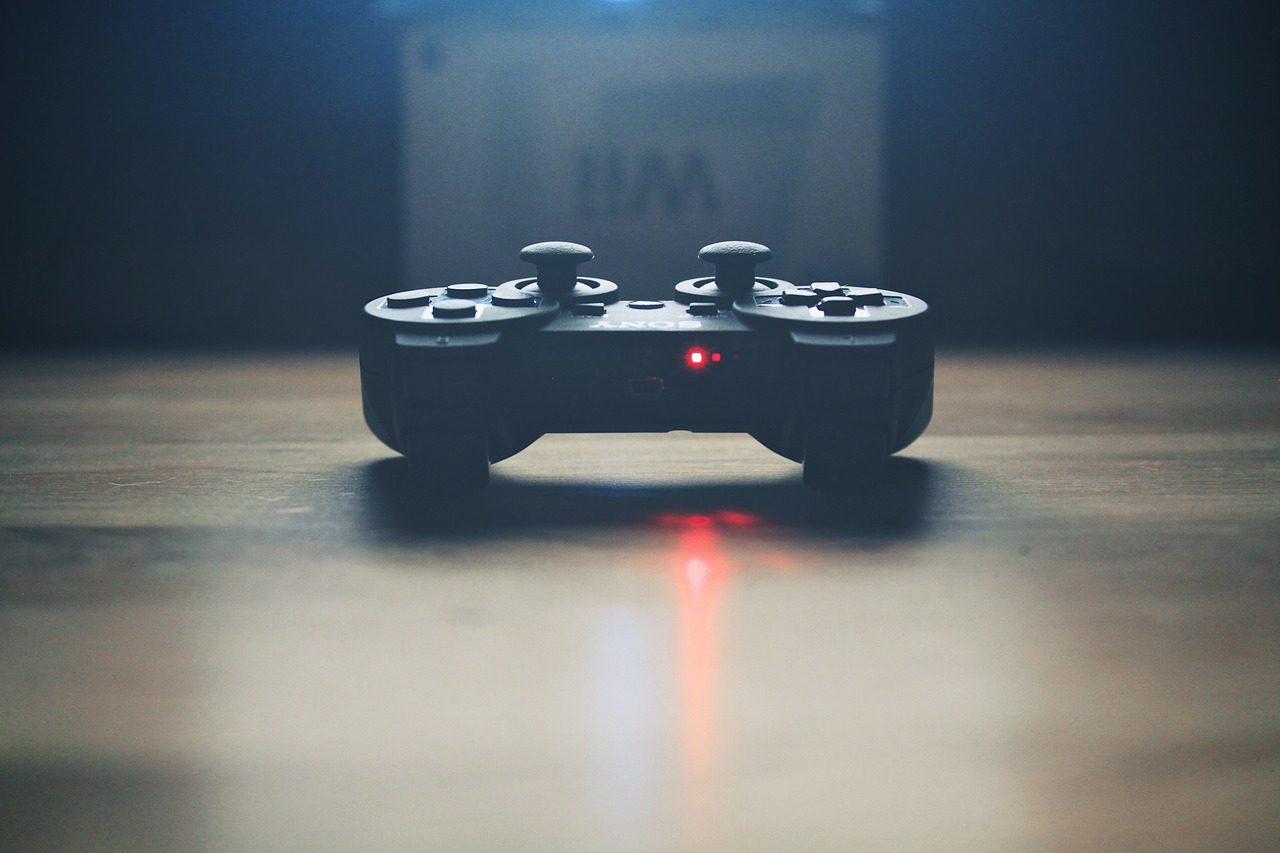Do you know the biggest cause of unhappiness, regardless of factors such as race, age, sex, or culture?
That’s right… it doesn’t matter who you are or where you are from, the biggest cause of unhappiness is always the same, though you likely don’t realize it. Most people never bring the root cause from the subconscious mind to the conscious mind, so the conscious mind seizes on all sorts of manifestations of the root cause and decides it’s the whole thing.
The root cause, though, is not money. It’s not relationships, or being stuck in a dead-end job, or any of those other things that pop into your mind.
The root cause of unhappiness, nearly all unhappiness, is mentally giving up your control of your life, your actions.
The other things, that come to mind more easily, are nearly always a manifestation of that perceived loss of control, rather than the actual cause themselves. Stuck in a dead-end job? You have the ability to walk away from that job today. Any feeling that you do not is an illusion, it is you mentally giving up your control… “I can’t leave that job, I need the pay check.”
That is a false argument… you can leave the job any time. Convincing your conscious mind that you can’t is simply dodging the responsibility. If you “can’t” do something, then it’s not your fault when you don’t. You don’t have to deal with choosing whether or not to do it. There is no risk.
Without risk, though, there is also no opportunity. Imagine if you refused all risk, and stayed with your first job, maybe working in a fast food restaurant.
And with relationships, too… you can’t get the girl, so you don’t try. You can’t be an amazing artist, so you never pick up the brush. You can’t cook, so you only make macaroni and cheese in a box.
That doesn’t sound like a life anyone would choose, does it? It doesn’t sound happy in the least. In avoiding the possibility of pain, you have also closed out the possibility of joy.
At the same time, you feel constantly resentful at what the world has done to you. You see other people succeeding and ask why they got so lucky, while you’re stuck where you are, and have no way to get out.
You still don’t admit the choice, though, and without that choice, you cannot improve. As long as you consciously deny that you have a choice, you can’t move on to somewhere happier.
And what’s worse… your subconscious knows that you do have that choice. It knows who is causing all of the unhappiness and frustration, and it holds you responsible. After long enough, you tend to start hating your life, often without even being able to give objective specifics as to why you hate it.
You don’t, of course, have control over everything in your life. You can’t choose not to be blind, or choose to be smart… but you do have a life filled with choices every day, and as Rush says “If you choose not to decide, you still have made a choice.”
Choosing not to decide means that you cannot succeed. You live a passive life, always being pushed along by outside influences, unable to reach any goal, because you will not choose to take action toward it.
It’s simple, but painful (which makes it not easy), to change. The only way to change, and start erasing the unhappiness, is to admit that you do have control, that you have a choice. That means, though, that you have to face up to the fact that you always have had a choice… and that your current circumstances, that you “couldn’t” change, were something that you chose.
It’s okay to start small. You can actively choose something small… you can choose to go to the gym to start getting in shape. You can choose to take a class in something you always wanted to learn (I’ve recently done this myself, with martial arts). You can choose to start a project of one sort or another at home… something that lies in the direction of your dreams (dreams never truly die… and you’d be amazed at how powerfully they can come back once you take action toward them).
You don’t have to start small, though. It’s perfectly acceptable to wake up all at once, throw off the shackles that you have chosen by choosing not to decide, and make sweeping changes through all of your life. Sometimes a drastic change is the only way to keep from going back to where you were.
It doesn’t really matter what it is that you choose to do, it simply matters that you consciously accept that you have a choice, and that you made it. The fact that something happened as a result of something that you actively chose makes it, in some odd way, easier to accept failure… especially if you continue to make choices and keep moving ahead.
Ask anyone you ever meet that seems at peace with themselves, truly happy or content, how much control other people have over them. Everyone of them will tell you little or none. They live by their own choices, and their own actions, and because of that, they live a life that is in keeping with who they truly are… after all, why would you do anything else knowing that everything you do is by your own choice?



